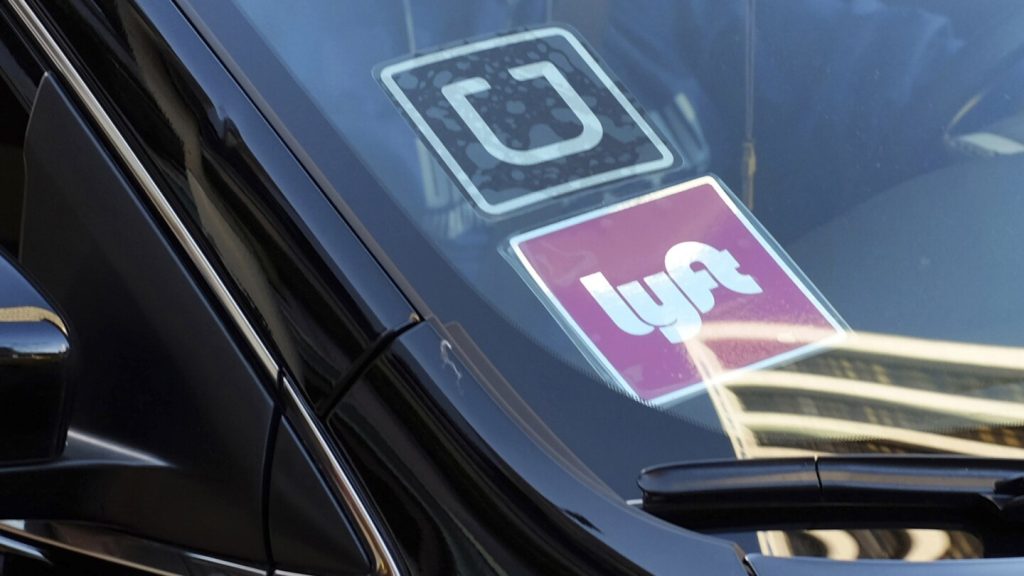The future of Uber and Lyft in Minneapolis is uncertain after the City Council passed an ordinance requiring ride-hailing companies to pay drivers a higher rate while operating within city limits. The ordinance, which takes effect on May 1, mandates a minimum rate of $1.40 per mile and $0.51 per minute, or $5 per ride, whichever is greater. Supporters argue that this rate ensures drivers are paid the city’s minimum wage of $15.57 per hour. Many East African immigrants who work as Uber and Lyft drivers in Minneapolis have advocated for the rate increase.
Uber and Lyft have responded to the ordinance by stating that they will cease operations in Minneapolis when it goes into effect. Uber plans to end operations in Minneapolis, St. Paul, and the Twin Cities metro area, affecting over 3 million residents, while Lyft will only stop serving Minneapolis. Both companies previously halted operations in Austin, Texas, in 2016 due to similar regulatory issues. Minnesota Governor Tim Walz expressed concerns about the impact of Uber and Lyft leaving the Minneapolis area and urged the City Council to find a compromise.
The Minneapolis City Council members now face the decision of whether to amend, repeal, or leave the ordinance as is. Council Member Linea Palmisano has voiced her opposition to the ordinance and plans to continue voting against it unless changes are made. However, Council Member Robin Wonsley, the ordinance’s lead author, believes that the rate increase is necessary to address the exploitation of workers of color and immigrant workers in the ride-hailing industry. The divisive nature of the ordinance has led to mixed reactions among residents in the Twin Cities metro area.
Residents’ opinions on the ordinance vary, with some supporting it for its potential to uplift marginalized workers, while others oppose it due to concerns about Uber and Lyft leaving. Uber driver Marianna Brown supports the ordinance and believes that other ride-hailing companies and a local driver-owned cooperative will fill the void left by Uber and Lyft. On the other hand, drivers like Jake Clark, who prioritize customer service and strategize their rides, oppose the ordinance. Michael Sack, a Minneapolis resident with cerebral palsy, urges the City Council and state Legislature to find a balance between increasing drivers’ pay and keeping ride-hailing services affordable.
As the May 1 deadline approaches, the fate of Uber and Lyft in Minneapolis remains uncertain. Governor Walz’s call for a compromise between the City Council and the ride-hailing companies underscores the need for a solution that benefits all stakeholders, including drivers, passengers, and the broader community. Ultimately, the ongoing debate over the ordinance highlights the complexities of regulating the gig economy and ensuring fair treatment of workers in this expanding industry.


